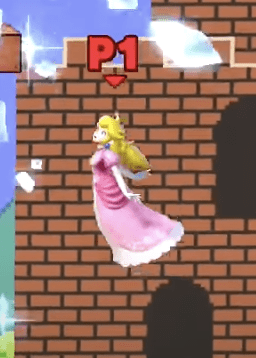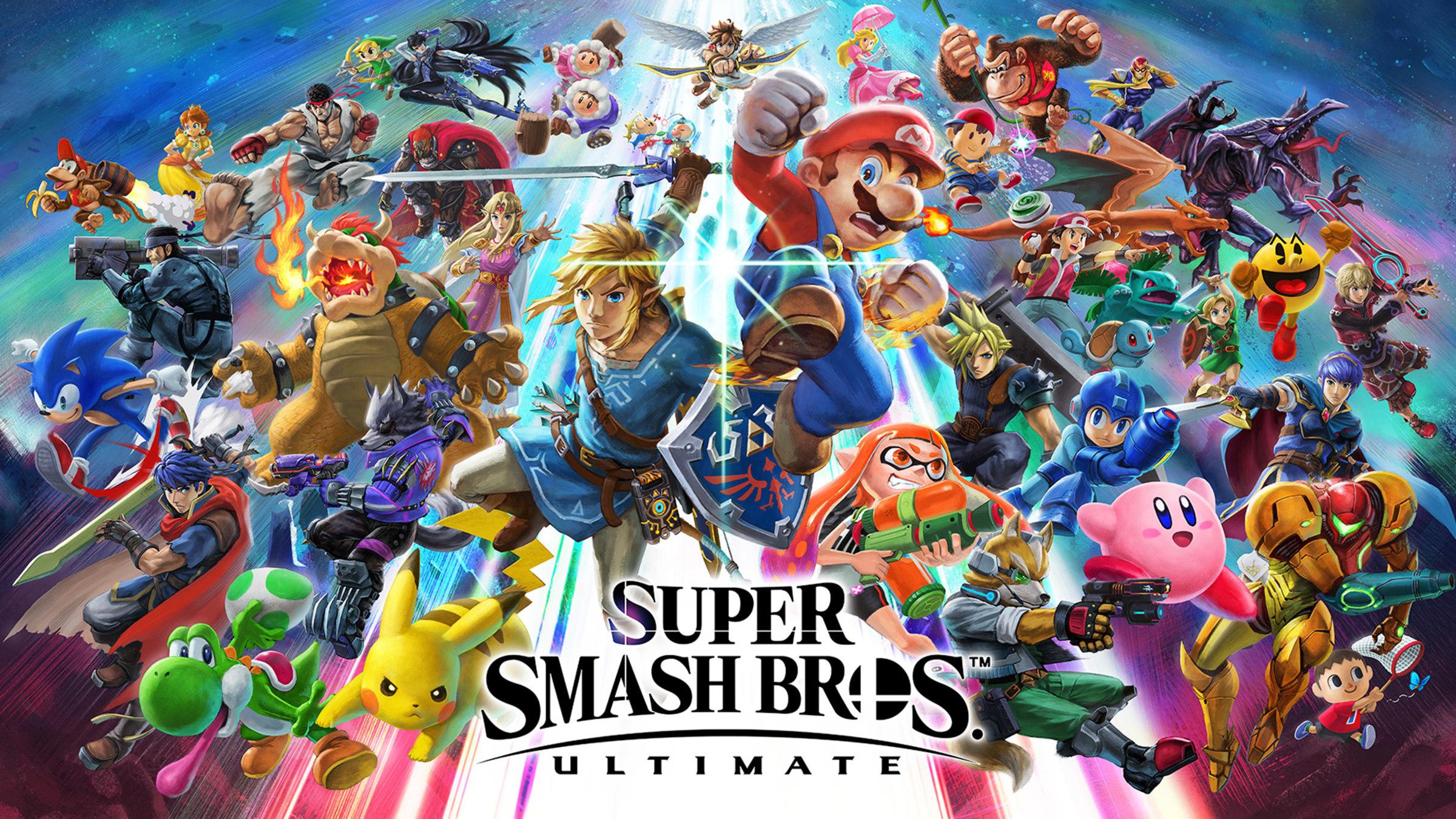I played Super Smash Bros as Princess Peach, trying to play as a feminist in the context of the reading. I came out with mixed feelings on how the game utilizes feminist theories.
Starting with where the game falls short, I did not think Super Smash offered a particularly intersectional or nuanced feminist narrative. The reading mentions that an intersectional feminist narrative encourages users to think of the character as having more than just one non-stereotypical characteristic (i.e. race, sexuality, disability, etc.) However, Peach fits very clearly into the stereotypical image of a “damsel in distress” – white, thin, beautiful. The game could be improved by making her more intersectional (changing her race, gender presentation, appearance, etc.). In addition, the reading mentioned that a feminist game should offer a nuanced narrative that breaks expectations. It mentioned some walking sims and games that seem to really embody this idea: the main character has to be a woman, and she is fleshed out as a full human being. By contrast, in Super Smash, I didn’t think Peach was developed as a person at all. Besides her special abilities (floating, throwing turnips), she presented no narrative to me, and did not really break any expectations. However, I do not think this needs to be changed (more on this in next paragraph).
Despite all these critiques, I think Peach was treated the same as all the other characters I could choose in the game. The point of the game is not to offer a cohesive narrative from one point of view; rather, it is to offer a myriad of cool characters I can pick from in order to play the game. With this perspective, I saw that Peach is actually quite a strong character in the game. I thought her abilities leaned stereotypically “female” or “dainty” – floating, throwing vegetables – but with her, I was able to fight as adeptly as any of the other characters (better than many of them, actually). Her thumbnail presents her as a warrior – she’s holding a sword – but she still looks feminine. To me, this satisfies the book’s condition that feminist narratives break expectations; Peach is not strong despite her femininity, she is strong because of it.

Picture of Peach floating taken from an online walkthrough since I forgot to take pictures while playing 🙁
In a more personal sense, I remember playing this game when I was in elementary school with friends (mainly boys) and always choosing more stereotypically feminine or sifter characters – Peach, Kirby. I was never met with disdain or judgment for these character choices because they were still powerful and important characters. In this way, I think Super Smash is an important stepping stone for feminist games, as it normalizes playing as a strong woman.




